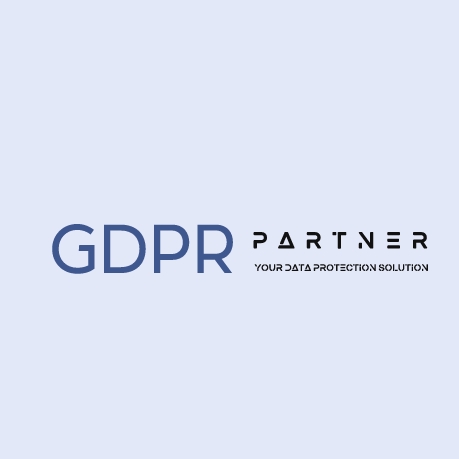Tailoring gdpr solutions for your business
The General Data Protection Regulation (GDPR) is a comprehensive data protection law that came into effect on May 25, 2018, within the European Union. It aims to give individuals control over their personal data and to simplify the regulatory environment for international business by unifying the regulation within the EU.
GDPR is built around several key principles that dictate how personal data should be handled. These include lawfulness, fairness, and transparency; purpose limitation; data minimization; accuracy; storage limitation; integrity and confidentiality; and accountability. Understanding these principles is crucial for any business that processes the personal data of EU citizens.
Non-compliance with GDPR can lead to severe penalties, including fines of up to 4% of annual global turnover or €20 million (whichever is greater). Beyond financial repercussions, non-compliance can also damage a company's reputation and consumer trust.
Assessing Your Business's GDPR Needs
Businesses must identify how they collect, store, use, and dispose of personal data. This involves mapping out all data processing activities and understanding the data lifecycle within the organization.
It's essential to have a clear picture of the data flow within your organization. This includes knowing where data comes from, where it's stored, who has access to it, and to whom it is transferred.
Conducting a risk assessment helps to identify and mitigate potential privacy risks associated with data processing activities. This step is vital in prioritizing efforts to comply with GDPR.
Implementing GDPR Solutions
Creating a robust data protection policy is the foundation of GDPR compliance. This policy should reflect the organization's commitment to data protection and outline the procedures for handling personal data.
Employees play a critical role in maintaining GDPR compliance. Regular training and awareness programs can help ensure that staff members understand their responsibilities regarding data protection.
Implementing appropriate technical measures, such as encryption and access controls, is essential for safeguarding personal data against unauthorized access or breaches.
GDPR requires businesses to report certain types of data breaches to the relevant supervisory authority within 72 hours of becoming aware of the breach. Having a plan in place for detecting, reporting, and investigating a personal data breach is crucial.
GDPR Compliance as an Ongoing Process
GDPR compliance is not a one-time event but an ongoing process. Regular audits and reviews of data protection policies and practices help ensure continuous compliance.
As business operations evolve, so should data protection policies and procedures. Keeping these documents up-to-date is necessary to reflect changes in data processing activities or legal requirements.
Engaging with data subjects and respecting their rights under GDPR is an integral part of compliance. This includes handling requests for data access, rectification, erasure, and portability in a timely manner.






Comments (0)